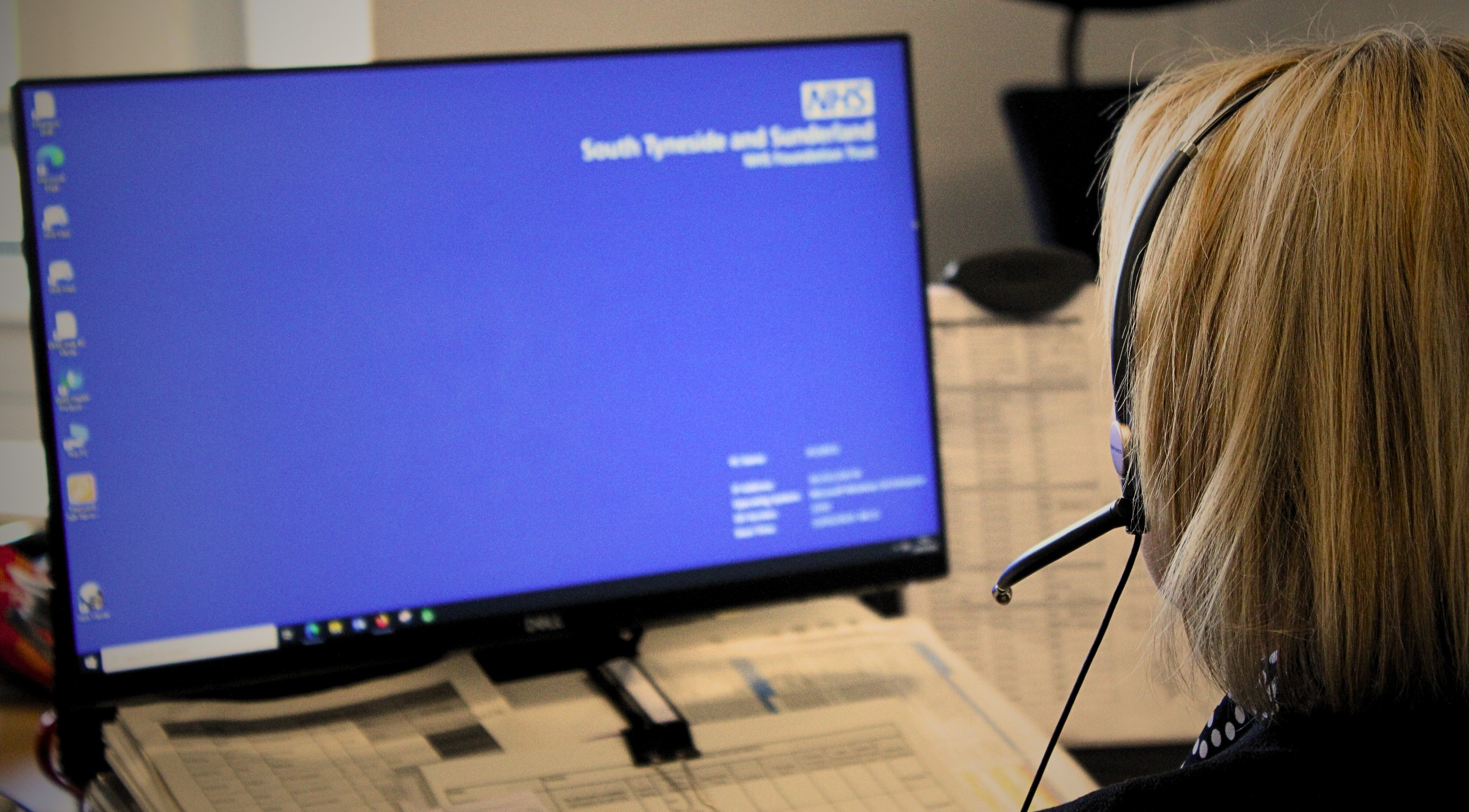Here at the Gateshead Adult Mental Health Peer Support Service, we sometimes get asked a range of questions.
Listed below are some questions that we often get asked, with answers that we hope you find helpful.
No question is a silly question. If you’re unsure about anything, just ask one of the team.
We provide friendly and approachable NHS services for adults in Gateshead. The Peer Support team provides individual, goal-based support to help you achieve your personal goals. We support people by using our own lived experience, offering support throughout your journey.
We work with partner and NHS organisations to support your mental health. This can include referrals to appropriate services alongside Peer Support to achieve your goals.
Peer support is available for individuals aged 16 and over. To access the service, you need to be registered with a Gateshead GP. Referrals can be made by your GP, or alternatively community organisations or social services.
If you would like to be referred but your GP is not in Gateshead, we will help you to get in touch with services near you.
There is no cost involved. Our services are completely free of charge.
Yes, we offer telephone and video appointment for people who are unable to travel. However, some of our services, such as group sessions or 1:1 support, require in-person attendance.
We don’t accept self-referrals. However, if you’ve previously engaged with Peer Support, you can contact the team directly yourself. Alternatively, you’ll need to be referred by your GP, who has access to our referral form. If you would like to ask any questions, please call our team on 0191 283 2546.
Our appointment times are usually between 9am-5pm. However, if you need an evening appointment to attend groups or events that help you achieve your goals, we will do our best to accommodate and support this.
If you need to cancel an appointment, let us know as soon as you can by ringing our admin team on 0191 2832546
If you miss an appointment, we will reach out to you to reschedule. We understand that mental health challenges can sometimes make it difficult to attend and were here to support you in finding a new time that works better for you.
We understand that meeting new people can be daunting. If you feel it would be helpful, you’re welcome to bring a family member for support. However, as we move forward, we encourage you to work towards independence while engaging with Peer Support
Below are some key terms and attributes for our Community Mental Health Peer Support Team you may come across
Working in partnership with Recovery Connections & support with recovery (with follow up group work offered)
Working in partnership with voluntary sector, community organisations/drop-in’s
- Face to face or 1:1 remote support
- Set goals working collaboratively
- Take part in activities and the local community
Working in partnership with Family Hubs targeting Fathers
Emotional Support and well-being, sense of belonging can reduce feelings of isolation and loneliness. Improved coping skills, learn coping strategies and problem-solving skills from each other within the group. Social Skills, engaging in group discussions helps individuals develop communication and confidence
Peer Support Workers are present at the drop ins; therefore if you require support without a prior appointment you can drop in as these are accessible and informal. Our drop-in’s are designed to provide a safe space for people experiencing mental health challenges
